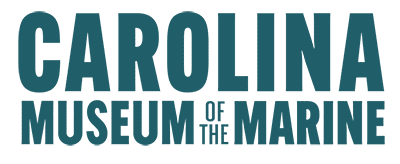

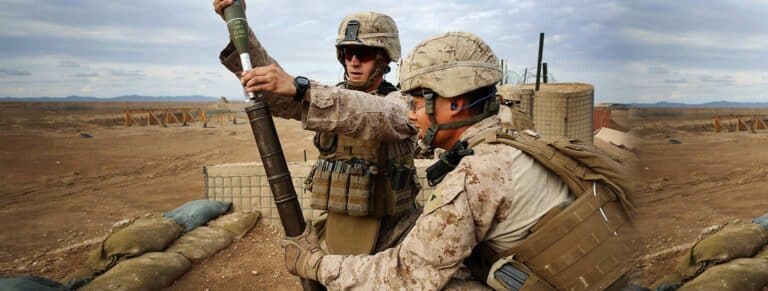
Marine Corps Principles and Traits of Leadership, Part 1
The Marine Corps recognizes eleven principles of leadership and fourteen traits of leaders. In this and coming editions of “Front and Center,” we will present these principles and traits, discussing them as the Marine Corps understands them, and considering them in a broader perspective as they apply more generally to Americans whether or not they…
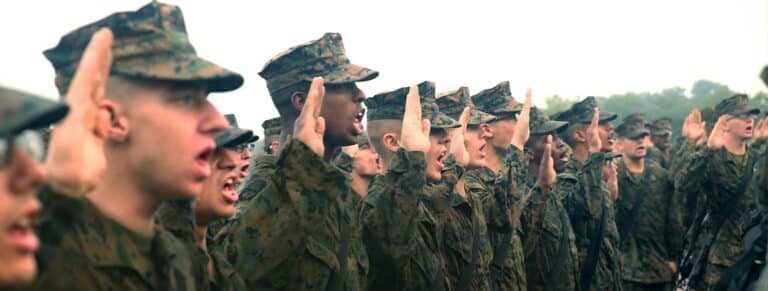
Marine Corps Principles and Traits of Leadership, Part 2
Last month, we considered the first principle of leadership recognized by the Marine Corps: Know yourself and seek self-improvement. We considered also the first trait of a leader: Justice. This month, we will examine the second principle, which is to be technically and tactically proficient, and the important trait of judgment. The Marine Corps’ understanding of technical and tactical proficiency holds…
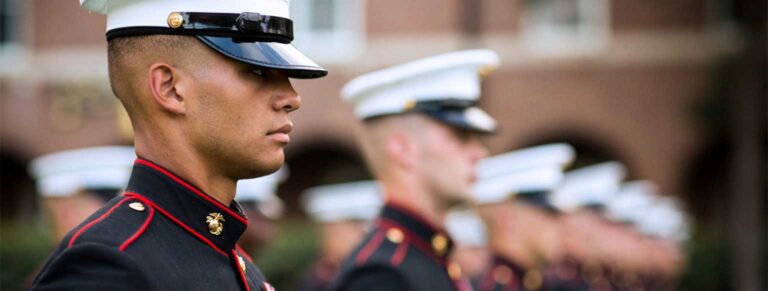
Principles and Traits of Marine Corps Leadership, Part 3
In an essay titled “On Remembering Who We Are,” the late Melvin Bradford observed the following: “Yet as [Michael] Oakeshott insists, moral conduct is an art, insofar as it concerns the relations of men—an art learned by apprenticeship. And society is the necessary context of that learning.” The point that is made here is meant to…
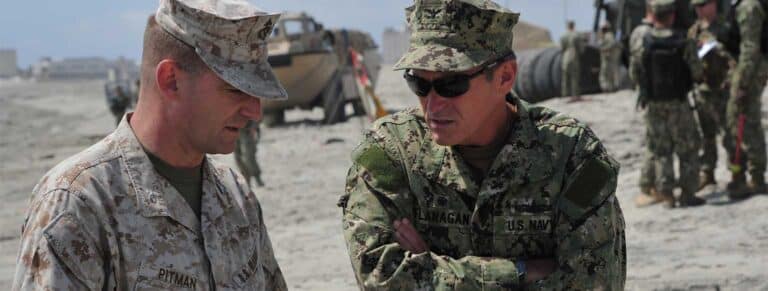
Principles and Traits of Marine Corps Leadership, Part 4
Last month, we considered the Marine Corps leadership principle of knowing one’s people and looking out for their welfare. The next principle, keep your Marine personnel informed, is an extension of this, and it presents to us the interesting task of defining what is meant by being “informed.” In the discipline of biomedical ethics, the…
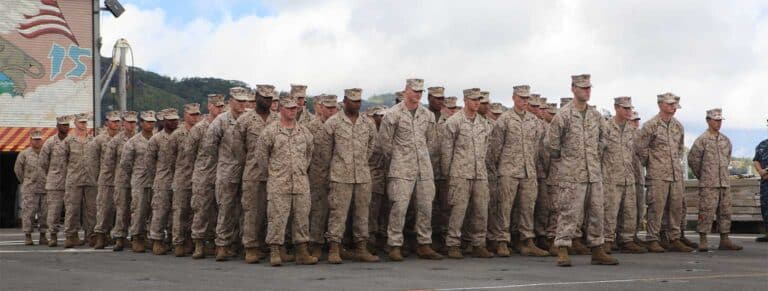
Principles and Traits of Marine Corps Leadership, Part 5
In his excellent book Memoirs of a Superfluous Man, Albert Jay Nock discusses in part his impatience with what he calls “social legislation” aimed at improving society presumably by improving human beings through the force of law. In an interesting discussion of a long-time friend who had been active in the effort to compel human beings to…
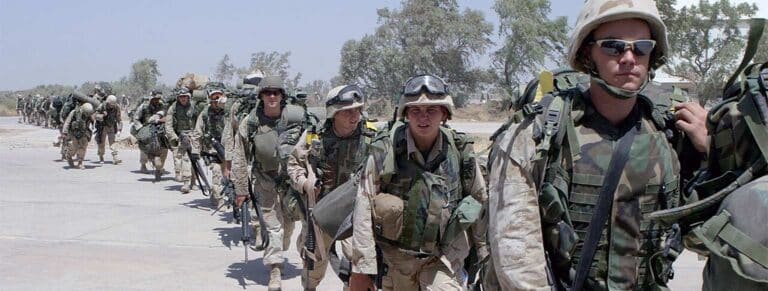
Principles and Traits of Marine Corps Leadership, Part 6
Marine Corps recruits at Parris Island, South Carolina have the interesting experience of a pattern guiding the way drill instructors train them. In an ordinary day at that extraordinary place recruits will learn several skills. The pattern begins with one or more drill instructors explaining the task to the recruits and repeating themselves when necessary…
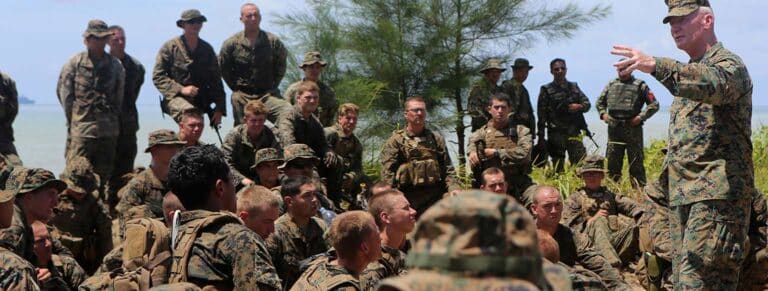
Principles and Traits of Marine Corps Leadership, Part 7
When pianists learn a challenging piece of music, they often will learn the music for each hand separately and then, when the left and right hands have control of their parts, put the two together training to perform the piece as it is meant to be done. The structure of this process is found in…

Principles and Traits of Marine Corps Leadership, Part 8
Upon hearing the Marine leadership principle of making sound and timely decisions, one might reasonably respond, “Right, but how?” We get a sense of how to understand what it means to take decisions that are “sound” from the description of this principle, and we find, interestingly, that demonstrating this leadership principle seems to be rather…
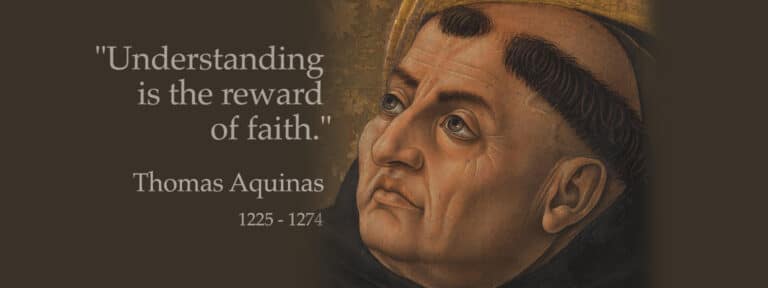
Human Acts
In September, we published “On Honor, Courage, and Commitment” as the first essay for the Al Gray Marine Leadership Forum at Carolina Museum of the Marine. Last month, we followed with “Self-Possession” which is intended to describe this important quality to be developed in people who are able competently to govern themselves and to contribute…
Front and Center Newsletter – Vol. 2, No. 10, October 2023
FRONT AND CENTER Vol. 2, No 10, October 2023 Mission Honoring the legacy of Carolina Marines and Sailors, inspiring future generations Message from the CE0 We are aggressively working with the Department of the Navy (owner of the land) to expedite the processing of the site lease. Fortunately, it is no longer a question of “if…

Self-Possession
In September, we published “On Honor, Courage, and Commitment.” The piece was written in two parts: the first describes the natures of honor, courage, and commitment, identifying them as virtues, and the second discusses the nature of virtue in general, how virtues may be acquired, and how they guide conduct. This is a first step…

